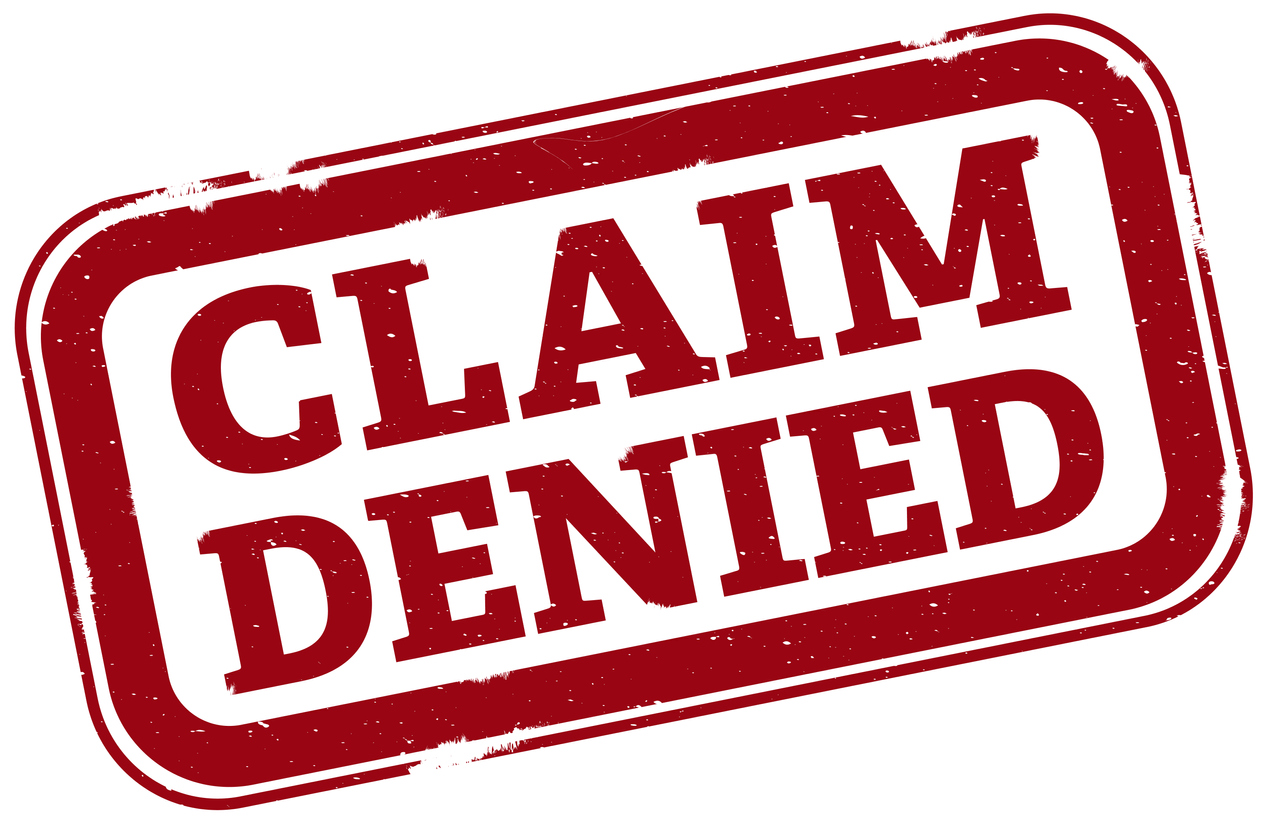Examinations under oath are important to recovery. Reasonable production of relevant documents that are part of a cooperative investigation is important as well. Failure to provide an examination under oath and documents is a one-way street to help an insurer deny recovery.
A recent Georgia case1 ruled:
[B]ecause Plaintiffs failed to comply with conditions precedent to bringing a lawsuit under the plain terms of the policy — namely, the conditions to cooperate with State Farm’s investigation by providing certain documents (sworn or otherwise) and to sit for an examination under oath — they breached the terms of the policy. Defendant is entitled to summary judgment on Plaintiffs’ breach of contract claim.
The court set out longstanding Georgia case precedent on the subject:
Georgia courts have held that insurance provisions requiring an insured to cooperate with an insurer’s investigation — by, for example, submitting requested records or sitting for an examination under oath — are valid condition precedents to recovery. Hall v. Liberty Mut. Fire Ins. Co., 2009 WL 235640…(11th Cir. Feb. 3, 2009) (‘Under Georgia law, an insurer may require its insured to abide by the terms of his policy and cooperate with the insurer’s investigation, as a precondition to recovery’) (citing KHD Deutz of Am. Corp. v. Utica Mut. Ins. Co., Inc. 469 S.E.2d 336, 339 (Ga. Ct. App. 1996)). See also Halcome v. Cincinnati Ins. Co., 334 S.E.2d 155, 157 (Ga. 1985) (on certified question, finding that plaintiffs breached their insurance contract by failing and refusing to provide material information related to their income, as requested by insurance company during investigation); Youhoing, 2010 WL 11500940…(finding that plaintiff’s failure to provide material financial documents and failure to appear for oral examination under oath, prior to filing suit, constituted a ‘total failure to comply with policy provisions’ thereby precluding recovery); Farmer, 396 F. Supp. 2d at 1382-83 (finding that plaintiff breached condition precedent when she refused to provide requested financial documents in connection with fire); Roberts, 2011 WL 6215700…(finding that plaintiff breached insurance contract and failed to comply with condition precedent when she failed to provide bank records, debt statements, expense documents in connection with home fire).
Cooperation is not a one-way street, and the insurance company’s demands must be reasonable, as I noted in California Policyholders Need to Cooperate with Their Insurers Following a Property Loss. What Does That Mean? However, in that post I warned:
Cooperation may not mean ‘slavish obedience.’ But when requests to cooperate under the policy are made and the requests are ‘to jump’ and my client wants to get paid for a legitimate claim, I often ask, ‘how high?’ This is because it is a no-win situation to refuse to provide documents a policyholder has.
Many stupid advocates try to strut their ego and tell their client ‘not to cooperate’ and that all of this is an ‘invasion of privacy,’ should simply tell their clients how much malpractice insurance they have because it is an ‘everything to lose and nothing to win’ proposition for the policyholder. Except bad faith damages, which few attorneys know how to prosecute, what is the insurance company afraid of from a policyholder acting belligerent and not turning over possibly relevant documents?
In this particular case, the policyholders simply did not show up for the examination under oath and did not provide documents. The Georgia federal district court recognized that there could be a justified reason to excuse the non-appearance and non-production under Georgia law:
However, while failure to provide requested material documents may constitute a breach of a condition precedent, where the evidence demonstrates that an insured has cooperated ‘to some degree or provide[d] an explanation for [her] noncompliance, a fact question is presented for resolution by the jury.’ Diamonds & Denims, Inc. v. First of Georgia Ins. Co., 417 S.E.2d 440, 441-42 (Ga. Ct. App. 1992). Relatedly, an insurer’s “failure to act with diligence and good faith in securing the necessary information” may also preclude summary judgment for the insurer. Id. (finding that fact question existed where evidence showed that requested records were destroyed in the fire, that insurer failed to request documents with any specificity, and that other requested records were in possession of third parties).
What was the excuse of the policyholders in this case? The policyholders’ “primary justification is that State Farm did not give them enough time to comply.” The court ruled against that proposition, noting:
But there is no evidence that Plaintiffs requested additional time from State Farm to provide documents or ever attempted to reschedule the examinations under oath, as State Farm suggested and offered.
One lesson from the case is to ask for more time to comply if that is necessary. The second is to provide what information and documentation you have.
As a further warning to policyholders in this position of not possessing documents, the court indicated that:
[E]ven where documents are not in the possession of the plaintiff, a plaintiff has an obligation under the policy to ‘cooperate with the defendant in tracking down those documents.’ Youhoing, 2010 WL 11500940 (granting summary judgment to insurer where plaintiff totally failed to produce documents requested by defendant because they were irrelevant or in the possession of her husband); see also Hall v. Liberty Mut. Fire Ins. Co., 2009 WL 235640…(11th Cir. 2009) (‘When documents are unavailable, the insured has a duty to cooperate with the insurer to obtain or reconstruct the information needed from other available sources’)”
Cooperation is a two-way street. It is important not to lose policy benefits because a policyholder doesn’t cooperate by failing to show up for an examination under oath or by not providing documents requested.
Thought For The Day
The only thing that will redeem mankind is cooperation.
—Bertrand Russell
___________________________________________________
1 Raymond v. State Farm Fire & Cas. Co., No 1:20-cv-04317 (N.D. Ga. July 1, 2022).




